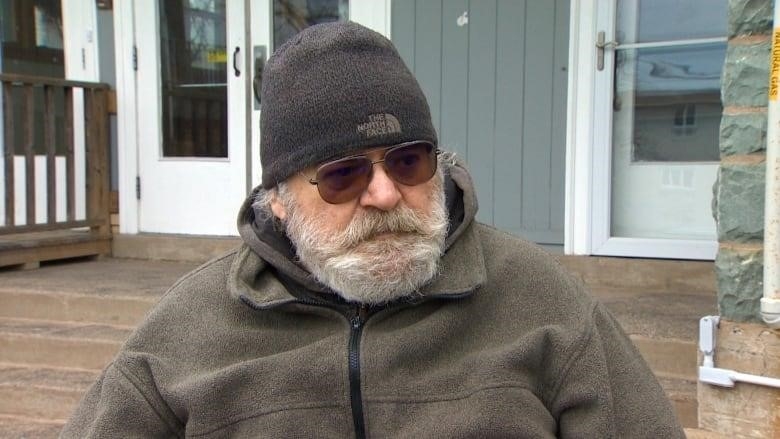
Applicants must now spend at least 50% of their pre-tax income on housing to be eligible, up from 30%
Brian Dauphinee is moving out of his $637-a-month studio apartment in Halifax at the end of August. He is about to enter the city’s rental market, which is getting more and more expensive.
But the 69-year-old, who lives on a pension, will do so without a rent supplement. In the past few months, he is one of hundreds of people who have been turned down for financial help because of a change to a joint provincial-federal program.
“I was still holding out hope that something would happen, but it didn’t. “They wasted my time,” said Dauphinee. “And then, all of the rents in this area are through the roof. They seemed to double and triple all of a sudden.”
Late in January, the province quietly changed the rules for who could get the Canada-Nova Scotia Targeted Housing Benefit, which is a supplement meant to help people with low incomes pay for housing. To qualify, a person must now spend at least 50% of their income before taxes on housing, which is up from 30%.
The Department of Municipal Affairs and Housing recently told CBC News that since the change, 324 applicants have been turned down because they did not meet the new 50% threshold.
The province said it is giving out more rent supplements than in the past. But the new rules make it impossible for some people who would have been able to get in before.
Housing advocates say that the new limits don’t take into account the fact that rents are going up and up, and that it’s no longer just the poorest people who can’t afford a place to live.
Housing Minister John Lohr told CBC News in April that the change was made to save money.
“We could see that the program was more popular than what the budget could support,” Lohr said.”So, we felt we had to give priority to those who needed it the most, and that’s why that decision was made.”

In a statement, a spokesperson for the department said that the Houston government has put an extra $21.6 million into the budget for this fiscal year to pay for at least 1,000 new rent supplements.
“This year, the province will give out 8,000 rent supplements, which is 1,000 more than last year and 3,000 more than 2021,” spokeswoman Heather Fairbairn said.
Denied suppor
Chebucto Connections’ community support and outreach manager, Tara Kinch, works with low-income clients in the Halifax neighborhood of Spryfield to help them fill out and send in their rent supplement applications.
She said that since the changes, she has seen more people get turned down for help and wait times have reached new heights.
She said that because of the changes, only people with the lowest incomes are now eligible, even though they aren’t the only ones who need help.
She said, “It’s a much larger group of people who are struggling with housing security.””We’re looking at people who work full-time jobs, and some of them work more than one job, but don’t have a place to live or are trying to get into a shelter or are living in their cars. So it’s not just people on government aid or people over 65.”
Rural areas not immun
The new 50% threshold isn’t based on an applicant’s actual rent, but on the CMHC average market rent for their area.
According to data from the Housing Department, the average market rent for a one-bedroom apartment in Halifax is $1,032. This number is used in the calculation.
But people who work in the housing industry say that the numbers used by the province don’t show what someone looking for an apartment will have to pay now. In Cumberland County, for example, the number is only $707.
The manager of community development at the YMCA of Cumberland, Aiden Kivisto, said, “We have a lot of clients who are looking for apartments. The one-bedroom apartments cost $1,100, plus heat and lights.”
“There’s a common misconception that if you live in a smaller town, your rent will be cheaper, but that’s not true. We’re just not seeing that here.”
Kivisto said that based on the market rent number, someone in his area would have to be living in extreme poverty to get the supplement. Those who aren’t don’t have much to choose from.
Kivisto and Kinch both said that building more non-market housing with rents that are based on income is the best way to help people pay rent and stay in their homes.
“The rental subsidy is a good short-term fix, but it won’t solve our housing crisis,” Kinch said.”We need more affordable housing to be built by all levels of government so that people have a safe, stable place to live and don’t have to worry about being kicked out or not being able to pay their rent.”
MORE TOP STORIES
